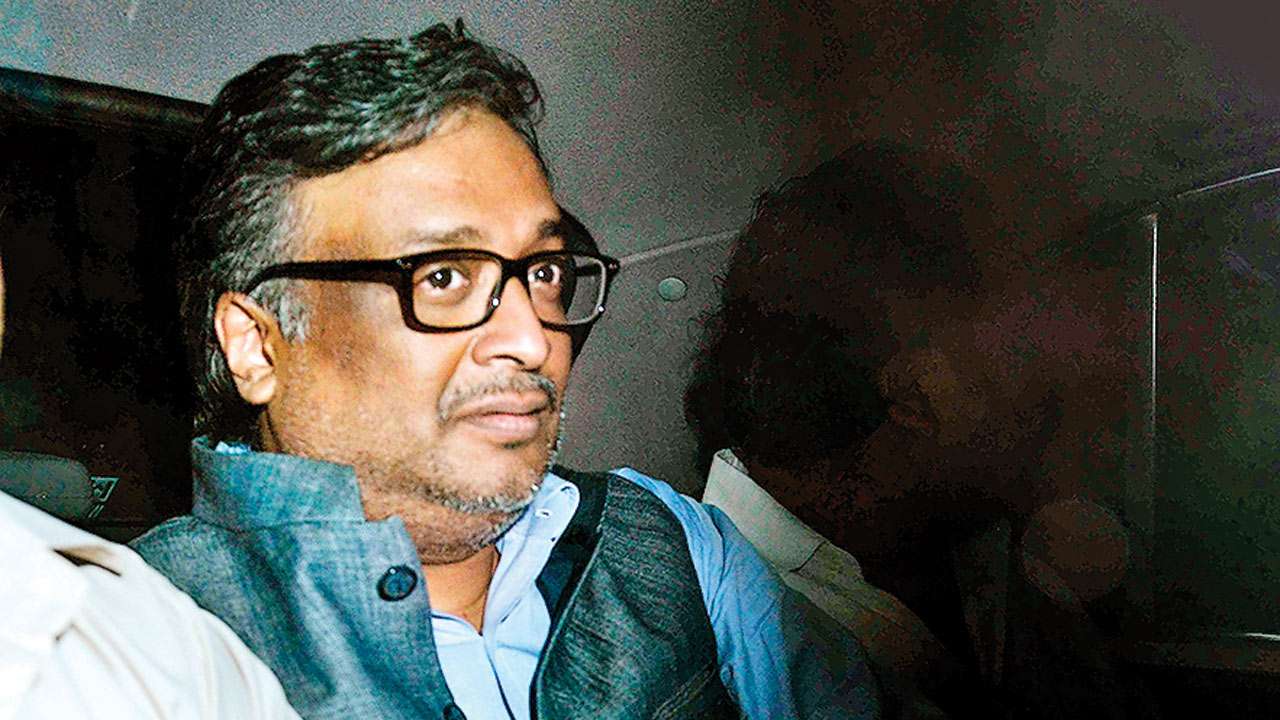The system of laws operating in India is referred to as Indian regulations. The stipulations of Indian regulations are mostly affected by the ancient messages, the Arthashastra (400BC) and also the Manusmriti (100AD). Specific provisions are additionally attracted from the English typical code and the regulations of western countries.
An important source of Indian regulations is the Indian Constitution as well as regulations issued by the legal bodies. Specific worldwide trade regulations, such as the legislations on intellectual home, are appropriate in India.
Trick Branches of Indian Laws
The complex system of Indian regulations is aimed at ensuring justice and also equal rights to all Indian citizens. They additionally intend to promote a democratic and also liberal culture in India. Key branches of Indian regulations include:
Management Regulations
Management regulations develop an integral component of the public regulations. It controls the working of federal government agencies associated with the decision-making procedure and management activities, such as formulation and also enforcement of policies and guidelines. These government agencies consist of payments, boards and also tribunals.
Family members Regulations
Family members regulations are a branch of Indian regulations that are applicable on a person through his religion. The three major branches of household regulations are Hindu laws, Christian laws and Muslim legislations. Family regulations control litigation related to individual issues, such as marital relationship, separation, guardianship, fostering and also inheritance.
Criminal Rules
Crook laws in India specify types of criminal offenses as well as penalties for dedicating those offenses. A crucial regulations governing criminal offenses in India is the Indian Penal Code (IPC). It Gautam Khaitan puts on the whole of India, including the State of Jammu and also Kashmir.
Civil Legislations
The key goal of Civil legislations in India is to deal with non-criminal conflicts, such as the development as well as violation of agreements, ownership of property and also problems of kid protection. The Indian statute that controls the treatment for signing up civil instances, the legal civil liberties of defendants and plaintiffs, Court fees and the working of Civil Courts is called the Civil Procedure Code (CPC).
She enjoys creating concerning books, wines, food, flicks, musings on news around the world, and also Indian Laws. She has exercised legislation for 3 years in litigation in Kerala.
The system of regulations running in India is understood as Indian legislations. A crucial source of Indian regulations is the Indian Constitution as well as policies issued by the legislative bodies. Specific international profession laws, such as the regulations on intellectual residential property, are relevant in India.

Household regulations are a branch of Indian legislations that are relevant on a person by merit of his religion. The 3 major branches of family members regulations are Hindu regulations, Christian regulations and also Muslim legislations.